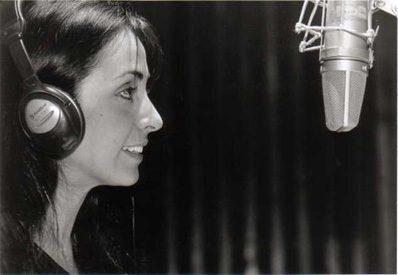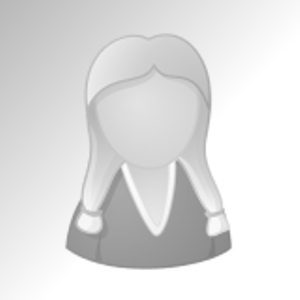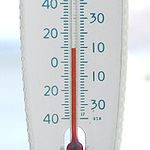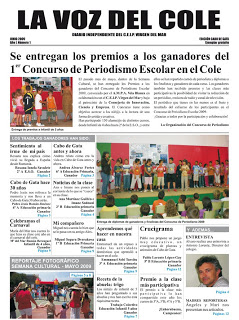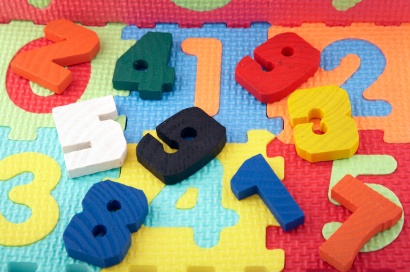 On the one hand, oppression expresses an inner malaise. If it is a physical sensation, it refers to a suffocation in the chest, causing respiratory distress or some pain.
On the one hand, oppression expresses an inner malaise. If it is a physical sensation, it refers to a suffocation in the chest, causing respiratory distress or some pain.
This type of discomfort can also be used in a spiritual or mental sense. It happens when we have a problem or distressing situation and that discomfort creates a feeling of regret. In this sense, oppression is typical of situations of great tension or emotional stress caused by adverse personal circumstances; a work problem, family or more commonly a love disappointment.
Oppression on the political plane
In addition to the physical or psychological meaning, oppression refers to collective phenomena within the political arena. It is what happens when a people or nation is subjected by a tyrannical regime. In this context, the regime acts as an oppressor and the population as a whole is the oppressed. Throughout history there have been moments of special oppression, especially in dictatorships or totalitarian regimes. When leaders exercise power by subjecting citizens to repression there is a general frustration, the collective feeling of not being able to relate fully and with reasonable levels of freedom. Faced with this feeling, there is usually a desire for freedom, which provokes a popular reaction aimed at ending political oppression. This has happened in most revolutionary processes.
Oppression from a political perspective implies a power relationship. And power is the action of forcing someone to impose a series of guidelines or norms that they would not carry out of their own free will. In democracies there are mechanisms of power, but they are legitimized by the electoral power and, in parallel, there is a division of powers (executive, legislative and judicial) that attenuates the levels of oppression that a democratic regime could exercise over citizens.
It is in the framework of dictatorships or in pre-democratic forms of government where oppression takes place most frequently. It is the people who, in a majority way, suffer from a despotic policy. And there is an acceptance of it because there is a fear on the part of the citizenry. Fear becomes a key mechanism to provoke oppression, since the leaders apply severe punishments or sanctions for any threat. Repression and lack of freedom add to fear, creating an environment of great social unrest. Oppression is applied to minority groups or groups in a precarious situation: gypsies, homosexuals, opponents and anyone who exercises any kind of criticism of the oppressive power.
In the history of humanity there are periods of oppression and freedom, two permanent and opposing forces. It is the struggle between oppressors and oppressed.



